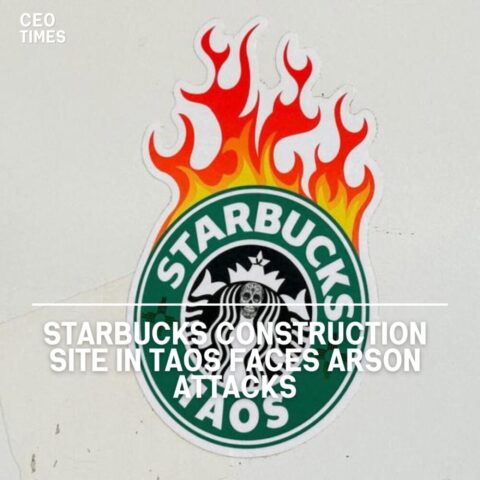Toyota Motor Corporation (7203.T) raised its full-year operating profit forecast by nearly 9% on Tuesday, following third-quarter earnings that surpassed analysts’ expectations. A weaker yen and robust sales of high-margin cars and hybrid vehicles drove it.
Toyota’s shares surged by 4.4% following the announcement, rebounding from an earlier 0.7% decline.
Outperforming Rivals Amid Industry Challenges:
Amidst a backdrop of tepid sales growth and production cuts across the automotive industry due to high-interest rates and slowing electric vehicle (EV) demand, Toyota stands out with an optimistic outlook.
Despite being a laggard in battery-powered EVs, Toyota is expected to outperform competitors this year, buoyed by strong demand for its hybrid vehicles, pioneered over 25 years ago with the Prius model.
Financial Performance and Forecast:
The Japanese automaker raised its profit forecast for the fiscal year to 4.9 trillion yen ($33 billion), up from the previously expected 4.5 trillion yen. This figure surpasses the average analyst forecast of 4.6 trillion yen.
Toyota’s operating profit for the three months ending December 31 surged to 1.68 trillion yen, marking a 75.7% increase from the previous year and surpassing analysts’ estimates.
Hybrids accounted for approximately one-third of Toyota and luxury Lexus brand sales, contributing to an overall sales increase of 11% in the third quarter.
Notably, North America reported the strongest growth with a 28% surge in sales. In comparison, Toyota’s home market of Japan saw a modest 5% increase but boasted the highest earnings and margin among major markets.
Currency Impact and Global Sales Leadership:
A weaker yen, down approximately 10% against the dollar since the end of 2022, amplified the impact of Toyota’s strong global sales.
Toyota maintained its position as the world’s top-selling automaker for the fourth consecutive year, achieving record annual sales of 11.2 million vehicles in 2023.
Navigating Challenges:
Despite its financial success, Toyota is facing challenges related to scandals at its group companies concerning product certification test procedures, which could potentially damage its reputation for quality and safety.
The company’s chairman apologized for the inconvenience and concern caused by misconduct at two subsidiaries and an affiliate.
Toyota’s resilience in the face of industry headwinds underscores its strategic agility and strong market position, positioning it for continued success in the global automotive landscape.




















